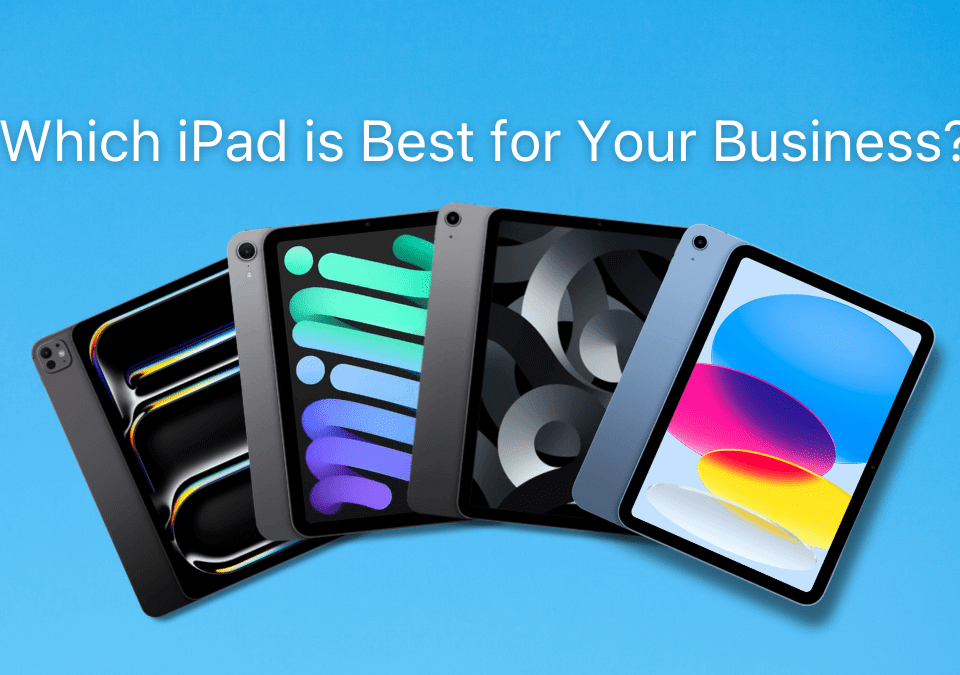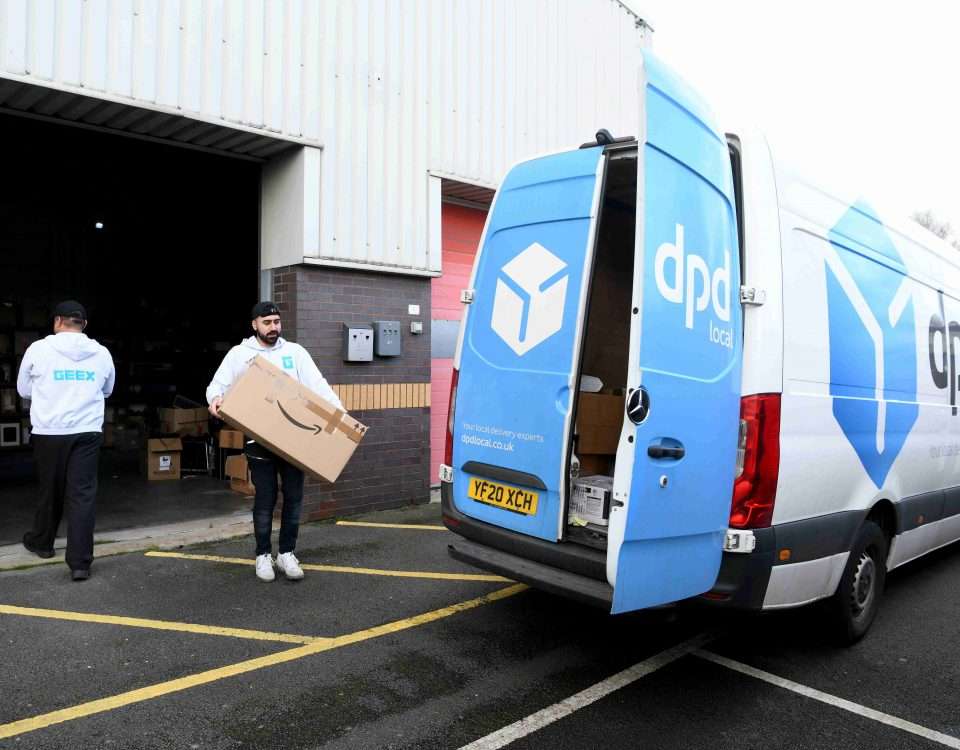Flash Storage – The Flip Side
Windows 10 – The Good, The Bad, and The Ugly
6 July 2016Bring Your Own Device to Work or NOT
11 August 2016
Will HDD outlive Flash?
HDD (Hard Disk Drives) have held court for decades mainly because of their low price, easy availability, and seemingly unlimited capacity. The main and conceivably the only drawback is its inability to retain data in case of a power outage. For this reason flash storage is gradually displacing HDD. Flash drives on the other hand are portable, use less power, and are not susceptible to high power or magnetic fields. These are some of the reasons why flash storage is gaining the march over HDDs. As with everything though, there is a flip side. We have put together some of the things you should look out for when considering a switch.
Price vs. Performance
Rick Delgado on SmartDataCollective opines that though its high performance lures users to flash storage, there is a price tag – literally. The cost of flash storage is considerably higher than HDD. Solid State Drives come at an estimated price of £60 per TB as compared to 1 penny for HDD. True enough. But we feel the price will issue will resolve itself as the technology becomes more popular and gains advantage of bulk manufacture. So if you are considering a shift, allocate a high budget for hardware. It will surely generate ROI albeit in the long term.
Capacity
HDDs come cheap with high capacity. The best flash storage devices can barely touch 1 Tetra Byte. Also reports show that flash storage with high storage capacity trades off on performance. This can be a big disadvantage for enterprises that have large volumes of data and high performance requirements. However, research has by no means stopped nor has advancement. As we mentioned (or did we?) earlier that as the technology becomes popular, many issues will be resolved and we hope that new research will find a way for flash storage to store large volumes of data.
Re-usability
The life of a HDD is almost equal to the life of the machine that uses it. Moreover HDDs can be easily replaced at low costs. Flash storage devices on the other hand have limited capacity for reusability. That is to say that you can write and erase to and from flash storage devices only so many times. After that the device must be scrapped and replaced. This means additional hardware costs – definitely a no-no.
Security
Many flash storage devices have no write protection unlike CDs. This means that your data can be accidently overwritten. This is something that no business would like to risk. Security is a major concern for business enterprises big or small. Hence flash storage may not be the storage of choice for most businesses. Once again, at the cost of repetition, we hope this issue will be resolved in the near future.
Portability
Though its small size makes USB flash storage devices highly portable, this very characteristic makes it a great risk for business. Flash devices are small in size and easily lost. The metal tab may be broken or damaged if left exposed – and this is highly probable because the even smaller cover may be lost or misplaced. Losing a flash drive does not only mean losing data; it also means exposing your data to unscrupulous elements who may misuse it or sell it for a profit, not to mention the cost in terms of lost opportunity and the cost of recovering / recreating the data.
The Solution
There is little doubt that the time is ripe to move on to a more advanced storage system. However flash storage is apparently not the solution of choice because of its many disadvantages. As technology advances however, we would likely see an improvement in this storage method. Data Reduction technology is perhaps the next step towards taking full advantage of flash drives. Look out for our blog on Data Reduction and Alternative Modes of Storage next month.
Inspired by:






